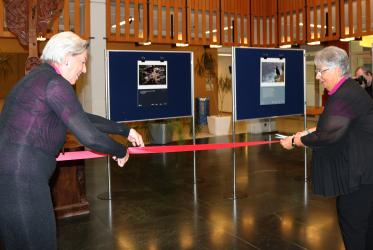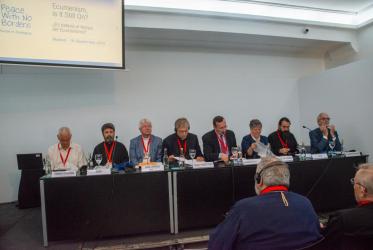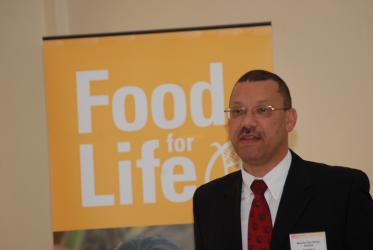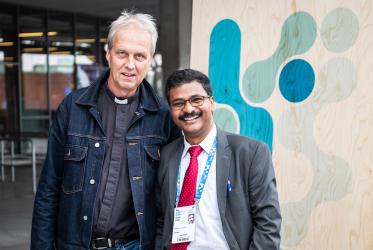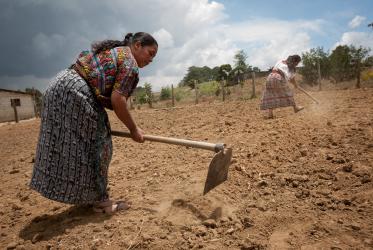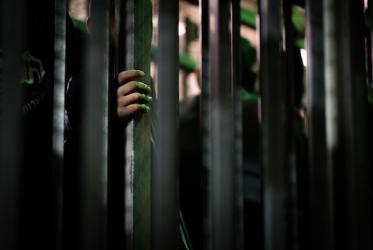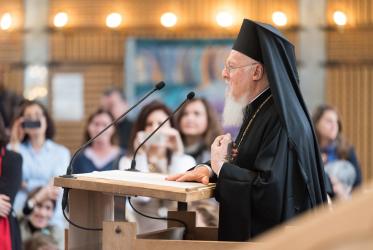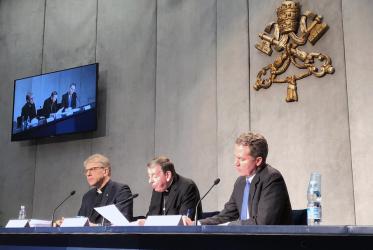The Episcopal Church, Evangelical Lutheran Church in America, and Church of Sweden have signed a joint pledge related to climate justice.
The message urges action on the unprecedented negative effects of climate change. “As we observe the Season of Creation, we renew the call for our churches to work together for the sake of Earth and to build collaborations wherever possible, both with other communities of faith and with diverse agents in our civil society,” the text reads. “Now is the time for science, politics, business, culture and religion - everything that is an expression of human dignity - to address together this critical issue for our time.”
26 September 2019
